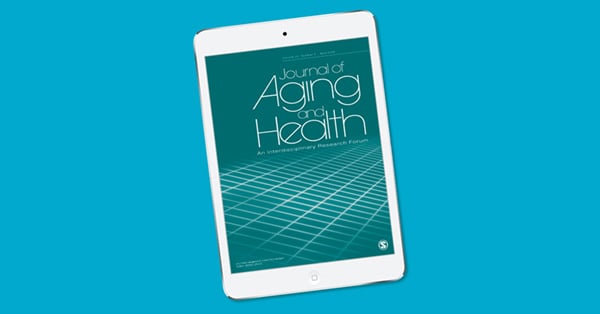All University of Regina full-time faculty members in term (of two years or more), probationary, or continuing appointments are eligible for these awards. Only one application may be made per competition. The adjudication committee will not entertain applications in any two consecutive years from the same individual.
These awards are intended to fund pilot projects or other work aimed to lead to the preparation of a major (i.e. >$50,000) national or provincial application in the area of health and aging. These awards may be used for all legitimate research expenses, including (but not limited to) research travel, research assistants, supplies, equipment (including computing equipment), telephone, fax and photocopying costs. The funds may also be used to subsidize teaching release stipends. It is understood that the timing of the teaching release stipend will be decided between the faculty member and his or her dean or department head. The head/dean signature will signify approval of the request for teaching release.
The CAH adjudication committee will judge the applications. The committee will consist of two CAH full members and an associate member or trainee. The Vice-President Research will appoint committee members for 2-year renewable terms. The adjudication committee will report to the office of the Vice-President Research and International and must render its decision within two months from each competition’s deadline.
Awards will be placed in separate accounts in the names of the recipients. Expenditures may be made only for those specific purposes authorized by the Chair of the CAH awards committee. All financial claims against the account (travel, purchase requisitions, etc.) must be signed for by the recipient of the award and approved by the dean/department head. Awards will not be placed in accounts until all required ethical clearances have been obtained, if necessary.
Awards will administered by the Office of Research Services on behalf of the CAH.
Recipients of awards must complete a project report and submit it to the Director of the Chair of the CAH’s Awards Adjudication committee at the completion of the project or within one year of the time that a grant is authorized. These reports are to describe the substantive results of the work for which the grant was made. No further awards from the CAH fund will be considered until the report is received. A copy of the national grant application developed with the aid of the award should also be sent to the CAH Administrator.
CAH Administrator
cah@uregina.ca
306.337.8477
We will present results of our Healthy Seniors Pilot Project on Thurs, June 26, 10:30 a.m. – 12 p.m. and discuss how different stakeholders can work together to help ensure older adults get adequate immunization coverage. Registration link: https://ow.ly/lSnP50Wala7 @GovCanHealth
Congratulations to the CLSA Catalyst Grant recipients!
Learn more: https://tinyurl.com/yh4axrue
Nominations are now open for the 2025 Betty Havens Prize for Knowledge Mobilization in Aging!
Recognizing outstanding KM efforts that have made a difference in the lives of older adults at the local or regional level.
Learn more: https://tinyurl.com/2naxxdt8
#KnowledgeMobilization
📅Mark your calendars! Join us on June 24 for a webinar on exploring what #accessibility means in the context of #AgeTech. Learn about the intersecting barriers that contribute to digital exclusion & strategies to improve accessibility. Register today: https://shorturl.at/cqscR
The CAH congratulates Dr. V. Puplampu (Faculty of Nursing) and her international team on their remarkable research and success as a Canadian Institutes of Health Research (CIHR) Institute of Aging Planning and Dissemination Grant recipient.
The team working on the project "Older Adults’ Experience of Vulnerability and Inequity in Recovering from the Pandemic’ were hosted by Dr. Puplampu on the U of R campus in May 2025.
We studied the impact of ageism and pain on pandemic stress among older adults. Our findings suggest that both ageism and pain influence pandemic-related stress, although ageism mediated pain's impact on pandemic stress. @UofRAgingCentre @gjgasmundson

The Impact of Ageism and Pain on Pandemic-Related Stress in Older Adults: A Structural Equation...
Although research has linked ageism and pain to increased stress in older adults, their influence on stress within ...
journals.sagepub.com